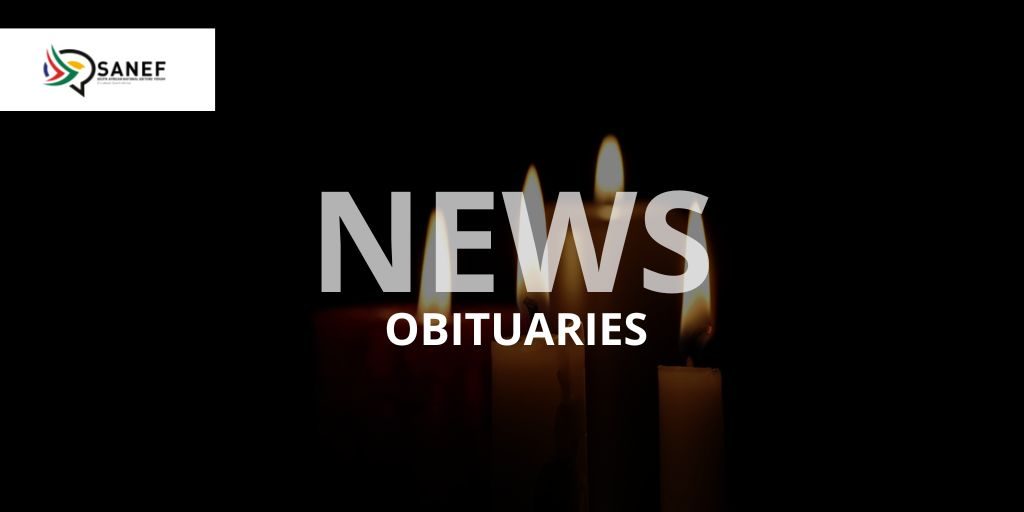The SA National Editors’ Forum Held Its Quarterly Council Meeting
The SA National Editors’ Forum held its quarterly council meeting in Umhlanga, north of Durban, yesterday (23 August 2013).
Themed Freedom and Accountability, the meeting was addressed by Public Protector Thuli Madonsela. KZN Premier Senzo Mchunu who was also scheduled to address council was unable to do so after a last-minute engagement.
Council received a briefing by Press Ombudsman Johan Retief. Retief noted that the introduction of the public advocate under the Press Council’s new system of independent co-regulation had made a huge difference. During the period August 16 to November 15, the Public Advocate had received 192 complaints, referring 58 of these to the Ombudsman for adjudication, resolving 23 and dismissing six. SANEF welcomed the role of Public Advocate Latiefa Mobara and noted how her work had streamlined the system and significantly reduced the amount of time taken for complaints from the public to be resolved.
On the relationship of journalists and political parties, SANEF referred to the Press Code’s Preamble which highlights the important principle that journalists commit themselves to the highest standards of excellence to remain credible and keep the trust of readers. Moreover, the Press Code under the sub-section relating to independence and conflict of interest states:
The press shall not allow commercial, political or other non-professional considerations to influence or slant reporting. Conflicts of interest must be avoided, as well as arrangements or practices that could lead audiences to doubt the press’s independence and professionalism.
SANEF encouraged members of the public or parties who feel aggrieved in relation to a story or stories published, and believe such stories have been written due to political or other influence, to lodge a complaint with the Press Ombudsman and provide evidence.
If members of the public or political parties suspect that a particular journalist has improper relationships and is being influenced, and that his/her behaviour is improper, they should complain to that journalist’s employer who will deal with it in line with its own policies.
As SANEF, we recommend that once the name of a journalist appears, with his or her consent, on a political party’s official list of candidates to the Independent Electoral Commission, such journalist should resign his or her position as a journalist, even though they might not be guaranteed a seat after the election.
SANEF welcomed the government’s clarification about publishing photographs of President Zuma’s upgraded Nkandla home and reiterated its earlier statement that it was not illegal to publish these.
SANEF noted with concern that some Eastern Cape education officials have arbitrarily barred Daily Dispatch reporters from covering the start of the matric examinations. SANEF resolved to seek an audience with Basic Education Minister Angie Motshekga with a view to ensuring that journalists are allowed to do their jobs free of interference. Those responsible for trying to thwart this must be held accountable.
On the Protection of State Information Bill recently approved by Parliament and sent to President Jacob Zuma for his assent, SANEF resolved to write to the president urging him to send the bill to the Constitutional Court to ascertain its constitutionality before signing it into law. SANEF believes that some of the bill’s provisions remain unconstitutional and will challenge these in court, if necessary.
The council elected Mail & Guardian editor Angela Quintal as SANEF’s new secretary-general.
Socials
Twitter: @SAEditorsForum
Email: [email protected]
Website: SANEF



